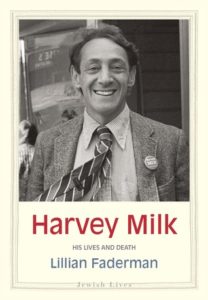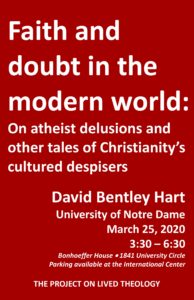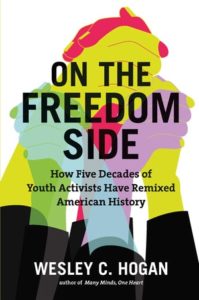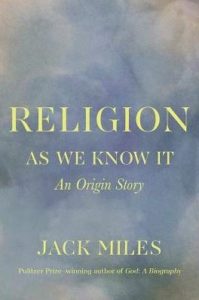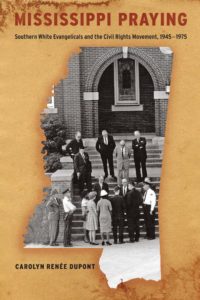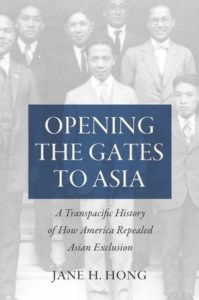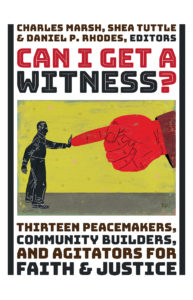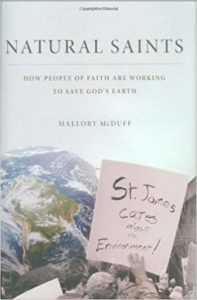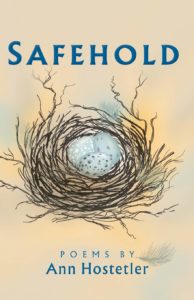
On the Lived Theology Reading List: Safehold
In Safehold, Ann Hostetler has collected and published her poems that communicate what it means to endure a crisis of security. The topics are varied, ranging from 9/11, to the death of both her parents, to the election of the 45th president, but all the poems speak to existential dilemmas Hostetler has dealt with in her life, and ways she has learned to cope with outcomes out of her control. Read More

